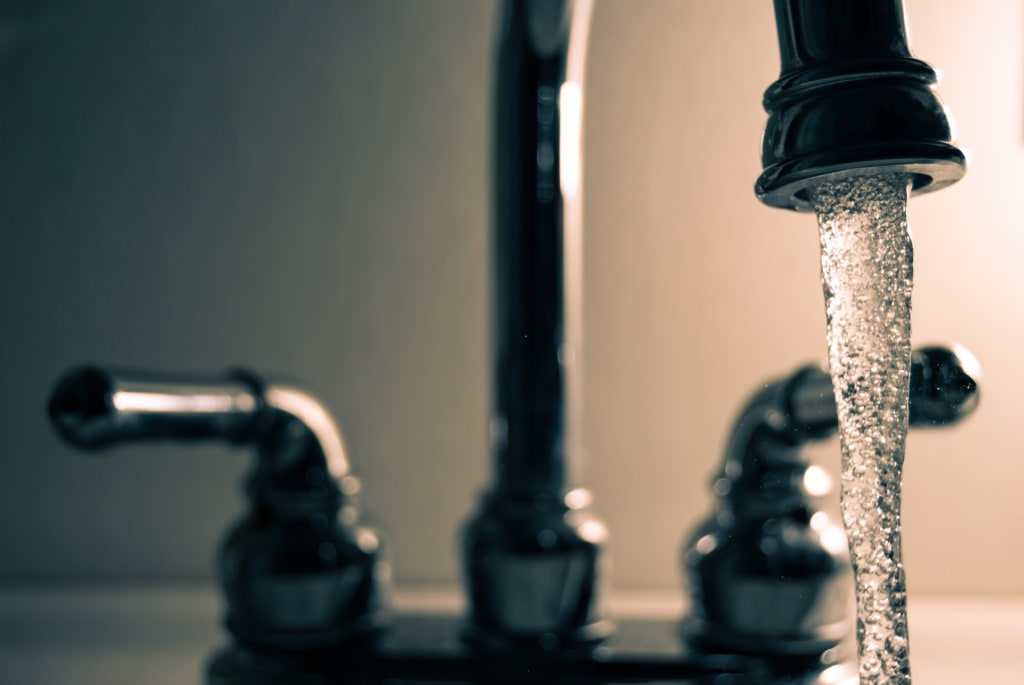When Do You Need to Call an Emergency Plumber?
Plumbing emergencies are more than just a flooded basement

Here are some signs that you should be calling an emergency plumber...
Plumbing emergencies are probably one of the least fun things in the world. While you’re likely already dealing with water damage, you may be looking at further property damage as well, depending on the severity. Property damage can be both stressful and expensive, so it makes sense that you might be looking to avoid more stress.
You might be asking yourself whether you really need to call an emergency plumber in. The answer to that question is “yes” if there is a risk of water damage, or if there are potentially unsafe conditions.
Why it’s Important to Avoid Water Damage
Water damage is more than just an ugly stain on the wall- though that’s a pretty good reason to prevent it as well. Water damage can seriously harm the structural integrity of your home, electrical, and piping systems. It can also lead to mold, which can cause serious health problems including respiratory illness.
Potentially Unsafe Conditions
If the plumbing issue is leading to unsafe conditions in the home, then it should be considered a plumbing emergency. An example would be a bad smell in the yard, which could indicate a sewer or septic tank backup. In that case, it would only be a matter of time the waste reached the home and started to damage its structure.
Another unsafe condition would be the presence of mold. Mold taints the air quality of a home and can lead to severe respiratory illness. If you suspect mold, it is vitally important to call a mold removal service as soon as possible.
If you aren’t sure how to check for mold, here are five great tips to detect mold growth.
Some common plumbing emergencies include...
1. An overflowing sink, drain, toilet, or bathtub
An overflowing sink, drain, toilet, or bathtub is quite a bit more serious than a clogged one. While the cause of an overflow can be simple, it can also indicate much more severe issues with your plumbing system. Step one is to turn off the water to prevent further flooding. Step two is to call your emergency plumber and make sure that the situation is taken care of as quickly as possible.
If the problem is a clogged toilet, make sure that no one in the home flushes in the meantime, as it can make the situation worse.
2. Burst or leaking pipes
Burst pipes and leaking pipes are both considered serious plumbing problems. If a burst pipe is left untreated, you may end up having to replace your entire plumbing system. If a leaking pipe is left untreated, it could lead to flooding.
3. Gross or unpleasant smells
If you’re smelling something strange or gross when you turn on the water, this can indicate a serious and potentially harmful plumbing problem. A bad smell usually indicates a problem with the sump pump, septic tank, or sewer system. It could mean that there is backup occurring. Do not use any water in your home and be sure to call an emergency plumber immediately!
Conclusion
We naturally want to put off calling an emergency service, as it can be quite costly. If you’re questioning whether it really is a plumbing emergency, ask yourself:
• Is there a risk of water damage?
• Are there unsafe conditions?
If the answer is yes, then it’s time to call an emergency plumber. Some common plumbing emergencies can include:
• Overflowing sink, drain, toilet, or bathtub
• Burst or leaking pipes
• Gross smells






Comments
There are no comments for this story
Be the first to respond and start the conversation.